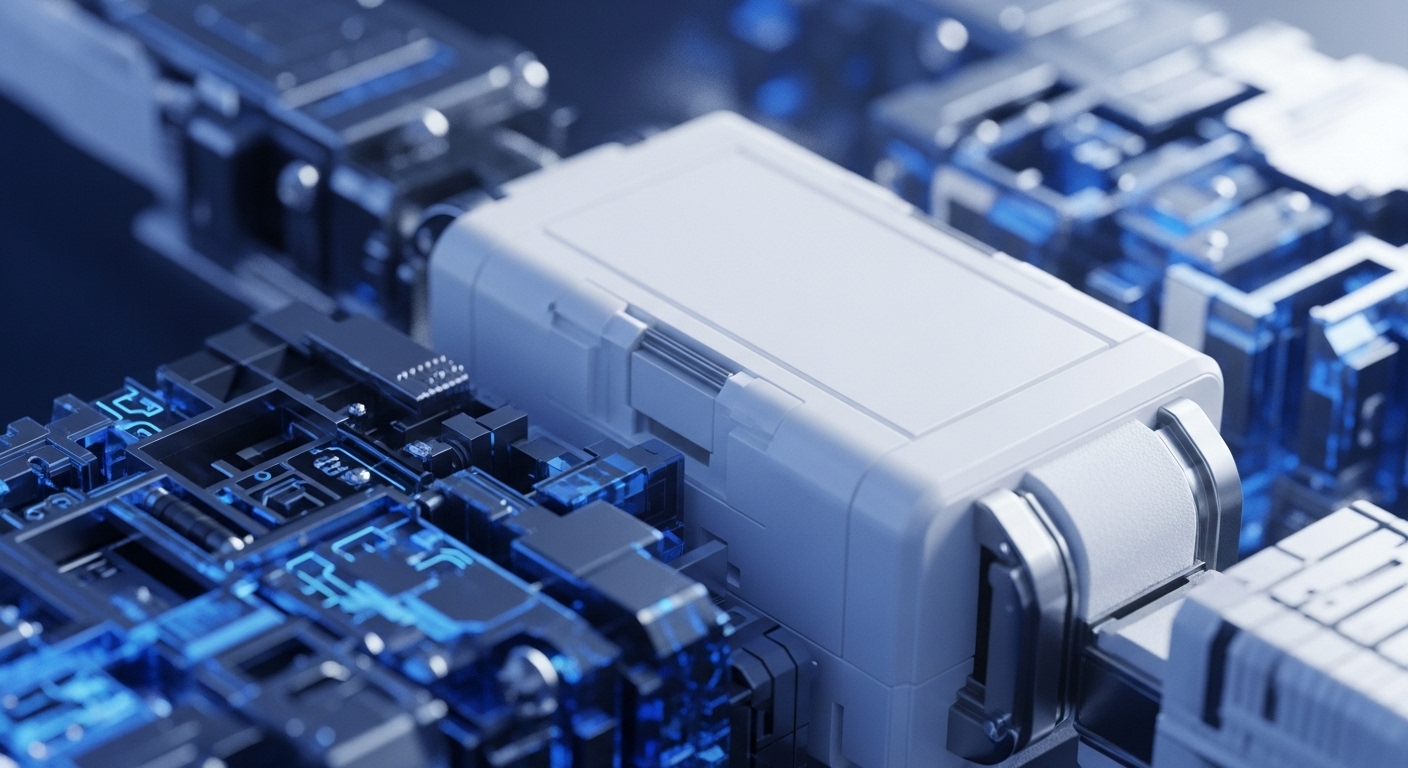BlackRock Expands BUIDL Tokenized Fund to BNB Chain Collateral Utility


The BUIDL fund's cross-chain deployment and acceptance as collateral unlocks immediate capital efficiency for institutional traders via 24/7 settlement.
ARK Invest Backs Securitize Tokenization Platform with $10 Million Investment


The capital infusion validates RWA tokenization as a core enterprise strategy, accelerating the shift from T+2 to atomic settlement for institutional funds.
Societe Generale Issues First US Digital Bond on Canton Network DLT


Tokenizing corporate debt on a shared ledger automates post-trade processes, establishing T+0 settlement and enhancing capital efficiency.
Tokenization Platform Securitize Goes Public at $1.25 Billion Valuation


This strategic public listing validates the regulated, end-to-end tokenization infrastructure model, driving capital formation and unlocking liquidity for real-world assets across institutional portfolios.
Integra Launches $12 Billion Real Estate RWA Blockchain Consortium for Compliant Liquidity


Integra's consortium-backed real estate blockchain establishes a dedicated, compliant layer for tokenization, directly unlocking multi-billion dollar institutional liquidity for the RWA vertical.
